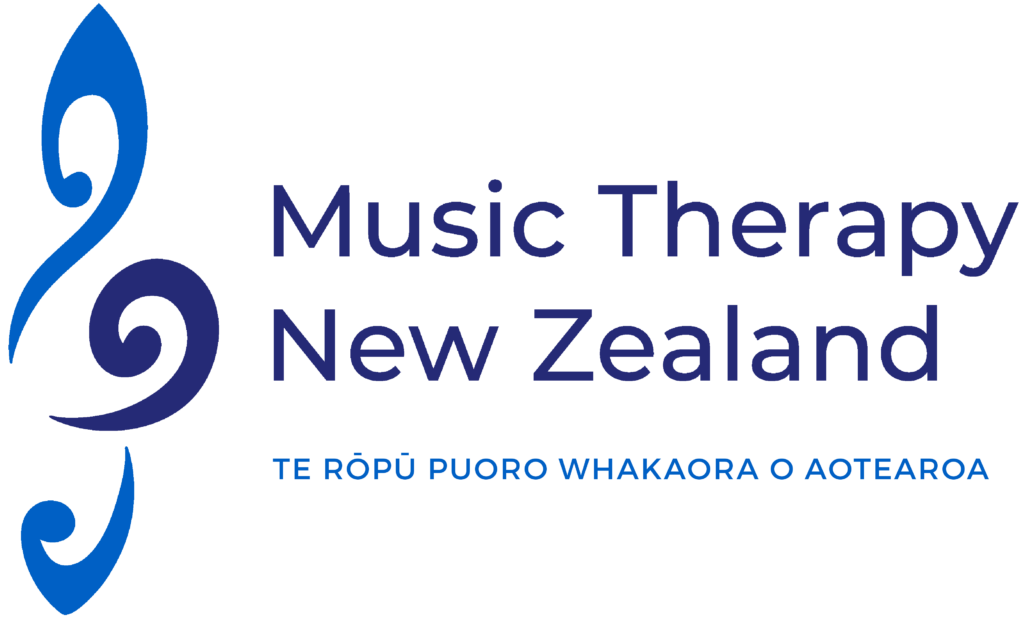Music Therapy is...
Music Therapy is the planned use of music to assist with the healing and personal growth of people with identified emotional, intellectual, physical or social needs.
What NZ Registered Music Therapists do
Music Therapists use the special qualities of music in a shared relationship with their clients, to meet personal needs, support learning, and promote healing and change.
They work with people of all ages and abilities, with individuals and groups, and in many different settings.
Who can benefit
Music Therapy is effective with people of all ages and abilities, from newborn babies, through childhood and adolescence, to adulthood and the end of life.
People who are under stress; have intellectual, physical or emotional needs; live with dementia; are suffering the consequences of trauma, separation or abuse; or who have a terminal illness can all benefit from Music Therapy.
Why choose Music Therapy
Music Therapy is effective in:
- Developing communication
- Encouraging social interaction and relationship building
- Extending language and intellectual development
- Supporting people in times of loss, grief, and pain
- Reducing stress, tension and agitation
- Motivating rehabilitation, movement and physical coordination
- Extending movement and physical co-ordination
- Enhancing cultural and spiritual identity
- Giving emotional support through times of change or crisis
- Facilitating self-expression and building confidence
- Supporting emotional well-being and development
- Assisting memory, imagination, and processing thought
What Music Therapists do
Music Therapists often work as members of a clinical team in a variety of settings. These include:
- Early intervention centres
- Schools
- Aged care settings
- Prisons
- Hospital units
- Hospices
- Community rehabilitation and
- Mental health facilities
Some Music Therapists work in private practice in homes or clinics and may also provide consultancy services.
What happens in a Music Therapy session
In a typical session, a range of musical instruments is made available. The Music Therapist creatively supports and guides music making and sound exploration through which new ways to communicate and relate can emerge. No previous experience is necessary and there are no expectations for the client to be able to play in a particular way.


